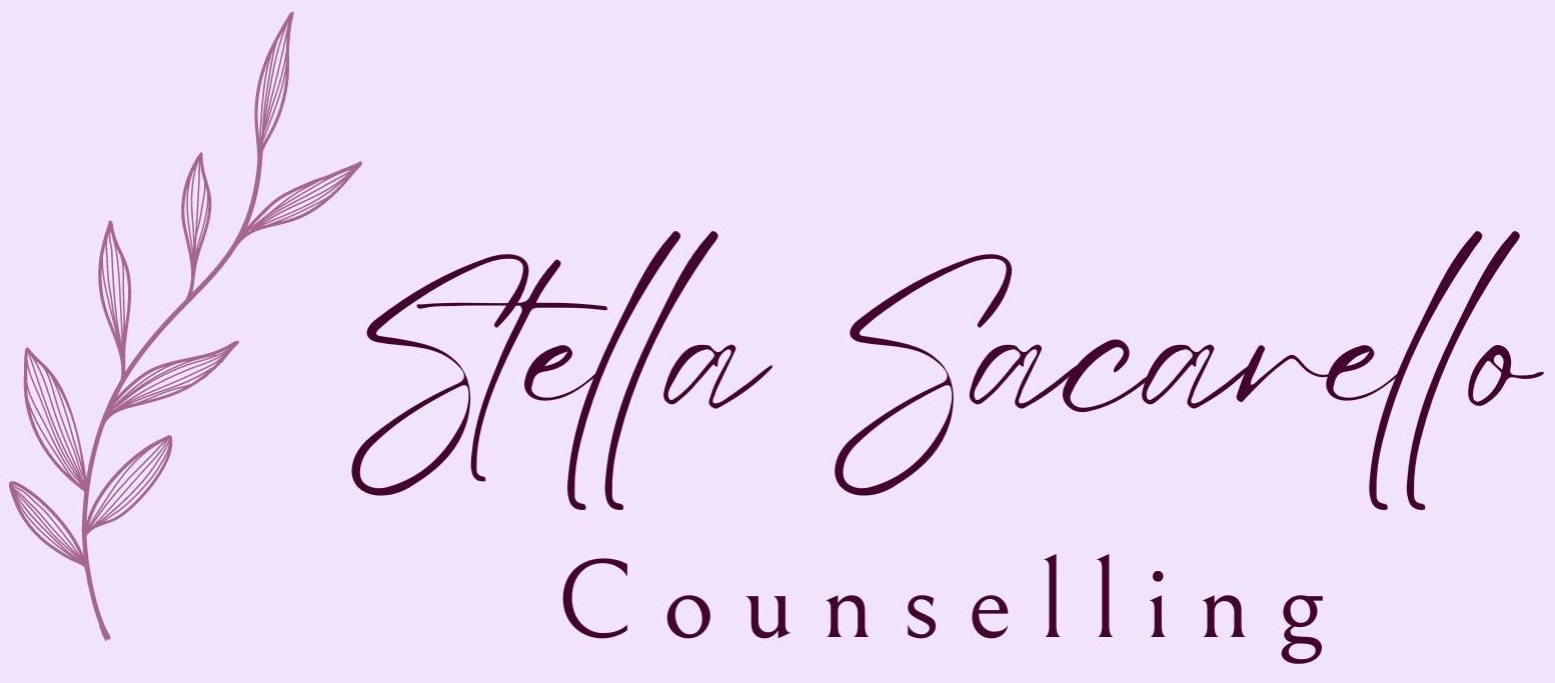I know that when I’m thinking about trying something new, it can sometimes feel overwhelming. I find that knowing what to expect can help ease some anxiety. So with that in mind, I’ll let you in on what happens when you book a free 20 minute introductory call. Why do I offer this call? What do we talk about and what are the next steps?
The free introductory call (sometimes called a consultation or discovery call) helps me get to know you and ensure that I can help you before we get started. It also helps us break the ice so the first session doesn’t feel so scary. It gives us both a chance to ask questions and feel ready to commit to counselling sessions, knowing that we are on the same page.
Basic questions
The call can vary depending on who I’m talking to, But I usually start by asking some brief questions such as…
- What brought you to counselling? Or what are some of the main areas you’re looking to address in counselling?
- Do you have any current social support systems? (eg. friends, family, colleagues, or a particular community)
- Do you have a history around alcohol or drugs? (eg. frequency of alcohol intake and how you feel it impacts you if at all)
- Any recent contact with health services that you feel I should know about?
- Any prescribed medications or medical conditions you feel I should know about?
- Risk assessment questions such as: Have there been any attempts to take your own life or self-harm and do you feel that you are at risk today?
If yes, I would ask you a few more questions about this, and I may refer you to a crisis service or make you aware of some helplines. It doesn’t necessarily mean that we can’t work together, but it ensures that you are aware of the available support. We can talk through our options and see if counselling is appropriate, and how I can support you.
Note: It’s okay to talk about suicidal thoughts in counselling. Please don’t be afraid to mention this. I want to clarify that it won’t mean that you will be sectioned or lose access to support. If you were in immediate risk, this is a different scenario. We can discuss limits to confidentiality when we go through the counselling contract and at any time during counselling.
Are we a good fit?
Following on from the basic questions, I might talk through a little bit about my counselling approach and what the sessions would look like, because again, it's nice to know what to expect and this can also help you get a sense of whether we would be a good fit. If you’re interested, you can read more about person centred therapy, the approach that I use, here.
You would have a chance to ask any questions during the call and at any time after as well. You can always email me with questions, whether you’ve made an enquiry before or not.
The contract and next steps
If there’s still time at this point, and if you’re interested, I would briefly go through my contract with you. This does not mean you have to commit to counselling sessions with me. It just gives me a chance to explain anything that isn’t clear, and gives you a chance to ask questions.
My contract includes some information about how I work, my education, professional BACP membership, some policies regarding my counselling work, confidentiality and the limits to it, and a few general expectations that we would have of each other.
My contract mentions that sessions usually take place weekly, but this is something that we can negotiate. It’s not set in stone. Some other popular options are to have biweekly or monthly sessions, which is something that we can discuss.
After this, I would usually ask if you have any questions, and how does it all sound? If you’re keen to get started, we can book a first session. If you want some more time to think about it, that’s another option. There’s no pressure to continue if you feel that it's not for you.
I would usually send a copy of my contract and intake form to your email if you’re happy to go ahead with sessions. I would also send you my privacy statement which includes information related to data protection. I would ask you to sign the contract and fill out the intake form when you get a chance before the first session.
The intake form asks for a few details such as
- Name
- Date of birth
- Address
- Email address
- Phone number
- Emergency contact
- GP
These details are for communication and safeguarding purposes in case of an emergency.
The call goes a little differently with everyone, and other counsellors might do their introductory calls differently to how I do mine.
Either way, I hope this reassures you that it doesn't have to be scary and gives you some idea of what to expect.
If you're ready to get started, you can get in contact and book an introductory call here.
If you want to learn more about me and my work, start here.
